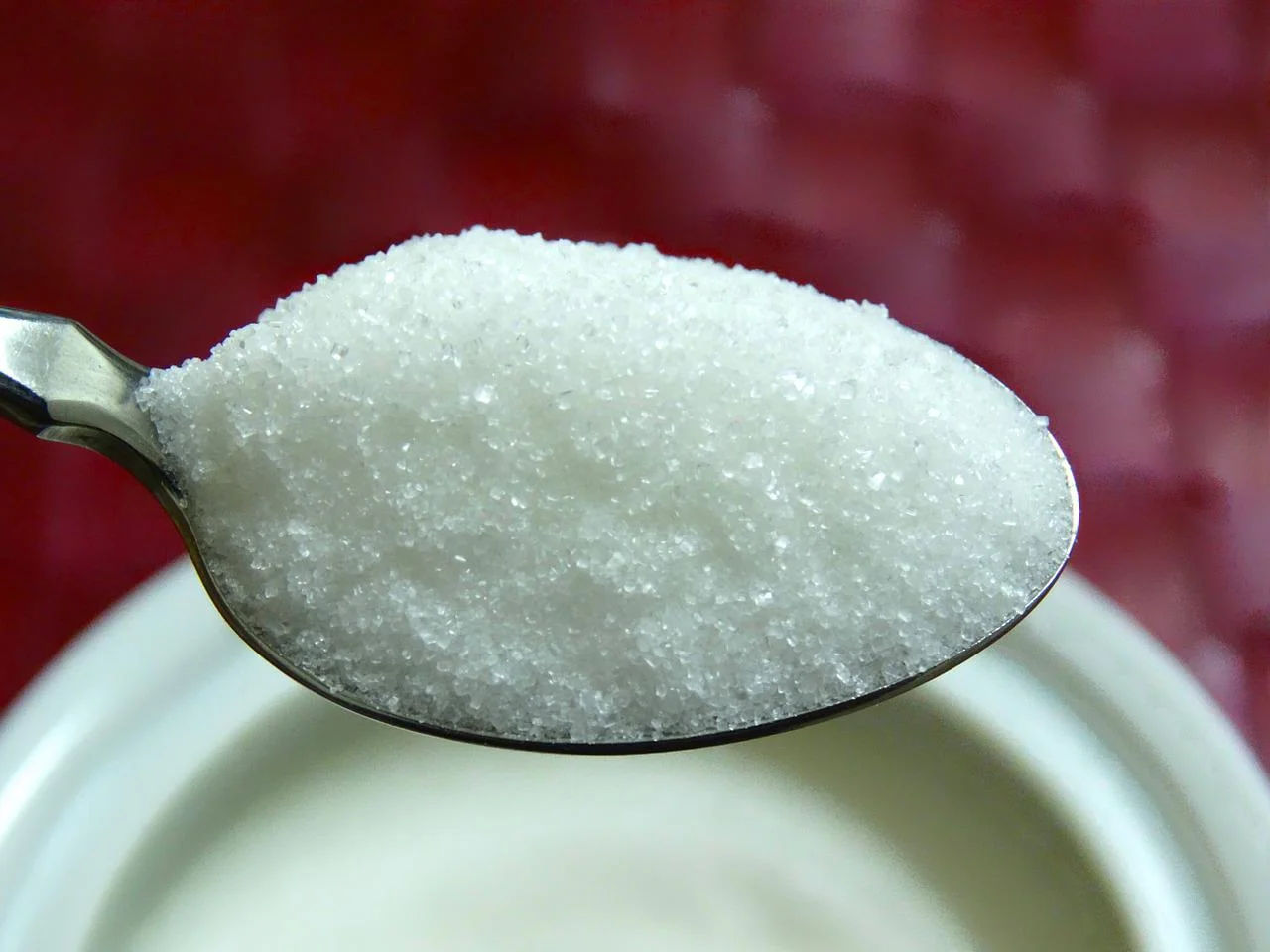Updated April 14th, 2024 at 23:18 IST
Carb Cutting: A Healthy Approach To Diet And Lifestyle
Understanding the science behind carb cutting and its potential benefits can help individuals adopt a healthier lifestyle.
Advertisement
Carbohydrate reduction has become a focal point in the quest for weight loss and overall health improvement. While carbs are vital for energy, excessive intake can lead to various health issues, including obesity and lifestyle diseases. Recent research conducted by the Health Enhancement Research Organisation and Brigham University suggests that unhealthy dietary habits can impact health and productivity negatively. Understanding the science behind carb cutting and its potential benefits can help individuals adopt a healthier lifestyle.

Carbohydrates can be categorised as simple or complex, with complex carbohydrates containing fibre, being slower to digest, and causing fewer post-meal blood sugar spikes than refined carbs. During digestion, complex carbs break down into glucose, which is released into the blood. Insulin then facilitates the transfer of glucose into cells for energy. Any surplus glucose is stored as glycogen or fat. By reducing carb intake, the body is encouraged to burn stored fat for energy, aiding in weight loss.
Advertisement

To maintain a balanced diet, the Indian Council of Medical Research (ICMR) recommends that carbohydrates should contribute 50–60 percent of total calories, with fats and proteins making up the rest. Excessive carbohydrate consumption can lead to weight gain, digestive issues, and an increased risk of heart disease. High-sugar diets can also cause gut inflammation and disrupt digestion, potentially leading to "Leaky Gut Syndrome."
While the brain primarily uses glucose as fuel, even a low-carb diet provides enough glucose from food. In cases of significant carb deprivation, the body can generate glucose from amino and fatty acids, ensuring adequate brain function.
Advertisement
To address these concerns, here are some practical recommendations as per a Medical Newx Today report.
- Replace sugary drinks with whole fruits or flavoured seltzers.
- Limit processed bread and opt for whole-grain varieties.
- Choose whole fruits over fruit juices to maintain fibre intake.
- Replace junk food with healthier options like seeds and nuts.
- Include protein-rich foods in your diet to reduce cravings and provide satiety.
Advertisement
It's essential to gradually transition to a carb-restricted diet to avoid potential issues such as headaches, muscle cramps, and constipation. Including protein-rich foods and planning meals in advance can help ease this transition and ensure a balanced diet.
Advertisement
Published April 14th, 2024 at 23:18 IST